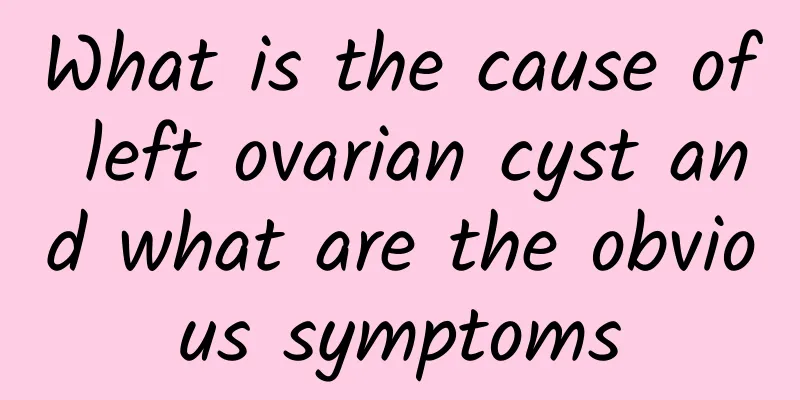How is female pelvic peritonitis transmitted?

|
How is female pelvic peritonitis transmitted? Gynecological experts explain in detail that pelvic peritonitis is generally not contagious, but if female patients have vaginitis, then it is recommended that patients pay attention to hygiene, do not wash clothes with family members, and cooperate with treatment. Although pelvic peritonitis is not contagious, if female patients do not receive timely treatment or delay treatment, it may cause the spread of infection and cause diseases such as adnexitis and salpingitis. After suffering from pelvic peritonitis, there will be abnormal vaginal discharge, pain, fever and other phenomena. Pelvic peritonitis refers to the inflammation of the female upper reproductive tract and its surrounding tissues. The inflammation can be limited to one part or involve several parts at the same time. The more common ones are salpingitis and salpingo-oophoritis. Pelvic peritonitis often occurs in women who are sexually active and menstruating. It rarely occurs before menarche, after menopause or unmarried people. If pelvic peritonitis occurs, it is often the spread of inflammation in adjacent organs. According to its pathogenesis and clinical manifestations, it can be divided into acute and chronic types. At present, the combination of traditional Chinese and Western medicine has achieved good results in the treatment of pelvic peritonitis, and interventional therapy is used to easily and efficiently treat pelvic peritonitis. Interventional therapy is to directly introduce high-concentration, high-efficiency drugs into the lesion site through puncture technology under the guidance of the B-ultrasound visual system, effectively kill pathogenic microorganisms, shorten the medication time, and continuously flush out of the body to achieve the purpose of sterilization and anti-inflammation. Interventional therapy is supplemented with physical therapy such as microwaves. The thermal effect should accelerate the local blood circulation in the pelvis, improve metabolism, improve local immune function and drug concentration in local tissues, accelerate drug absorption, and quickly eliminate inflammation. At the same time, it repairs damaged tissues, accelerates the regeneration of new cells, and changes some of the shortcomings of traditional therapies. It is especially effective for patients with fertility requirements and pelvic peritonitis who have been unhealed for a long time and have recurred repeatedly. |
<<: Is pelvic peritonitis contagious in women?
>>: Is pelvic peritonitis contagious?
Recommend
Which hospital is best for treating uterine effusion?
Clinically, there are many treatment measures for...
As a woman, you should be aware of the causes of ectopic pregnancy as early as possible
In recent years, with the increasing incidence of...
Pelvic peritonitis can be detected
If a woman suffers from pelvic peritonitis, the h...
How long does it take to cure endometrial tuberculosis?
We should actively seek treatment for endometrial...
Is it serious to have uterine fibroids? How big is a uterine fibroid considered serious?
Uterine fibroids are the most common benign tumor...
To improve childhood obesity, we must first reduce junk food intake
The World Health Organization has repeatedly warn...
Several major uterine fibroid care methods that women need to know
Uterine fibroids are a type of malignant tumor. I...
Where is the pelvic fluid drained? What should be paid attention to?
In clinical practice, there are many ways to trea...
How can women prevent cervical erosion? Women should keep in mind 5 points to stay away from cervical erosion
Cervical erosion, mild cases often have no obviou...
Daily dietary principles for patients with cervical precancerous lesions
I have seen some prescriptions for treating cervi...
Love drinking bubble tea and gain weight! Female Chinese medicine practitioner Liao Wanrong lost 17 kg in half a year and shared her secret to not gaining weight again
Liao Wanrong, a Chinese medicine practitioner who...
What are the symptoms of cervical cysts and cervical erosion? Analysis of the symptoms of cervical cysts and cervical erosion
Cervical erosion and cervical cyst are two common...
What is an ovarian cyst
Ovarian cyst is a common gynecological disease, w...
Can drinking saffron regulate menstruation? If the menstrual flow is small, you can drink it appropriately.
People should be familiar with saffron. Some peop...
When will cervical hypertrophy recover?
Cervical hypertrophy needs to be improved through...









